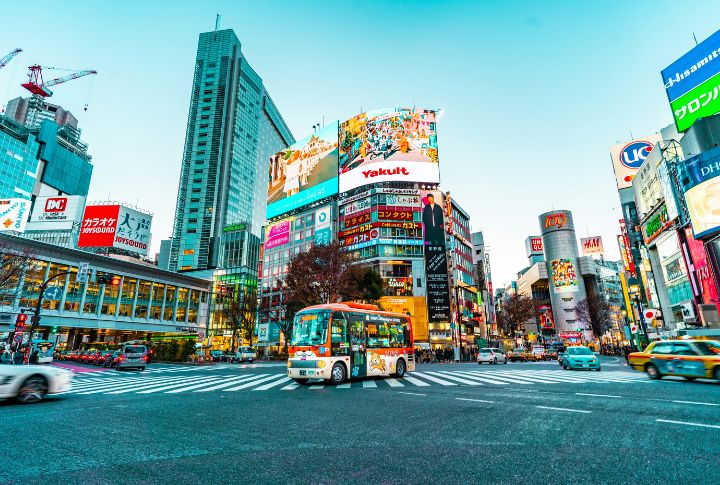
People in Japan don’t go around bragging about cleanliness, yet the development speaks for itself. Parks stay neat, and schools look spotless. Interestingly, this isn’t a result of pressure or punishment, but a few intrinsic daily habits that are a part and parcel of Japanese lives. Let’s take a closer look at the customs that quietly keep Japan so clean.
Students Clean Their Own Classrooms

Japanese schools typically don’t hire janitors. Instead, students themselves handle daily cleaning tasks like sweeping floors and wiping desks, with every child participating as part of the daily routine. This system is built into the school day to instill teamwork, discipline, and a strong sense of responsibility from an early age, both inside and outside the classroom.
Shoes Stay At The Door
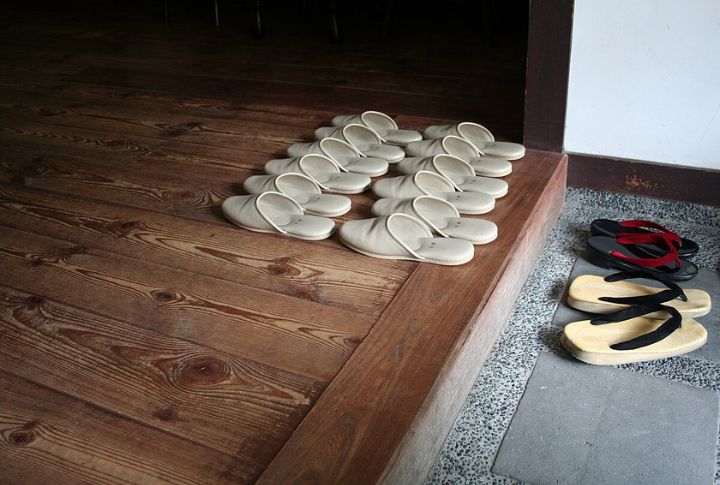
In Japanese homes, the “genkan” entryway separates outdoor and indoor areas. Shoes come off there, and slippers go on. As a result of that, dirt and bacteria are kept out of the living space, and many households even provide slippers for visitors. The practice reflects a long-standing system that supports daily hygiene and order.
Public Trash Bins Are Rare
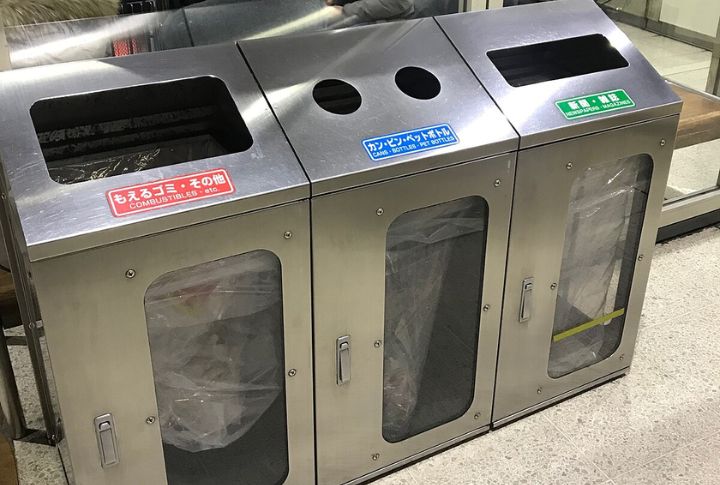
Public trash bins are uncommon around Japan. Because of that, individuals carry their trash until they find an approved disposal point. This approach encourages personal accountability and improves waste sorting overall. To support this, several vending machines provide discreet waste compartments for quick and controlled disposal of small items.
Streets Are Swept By Locals
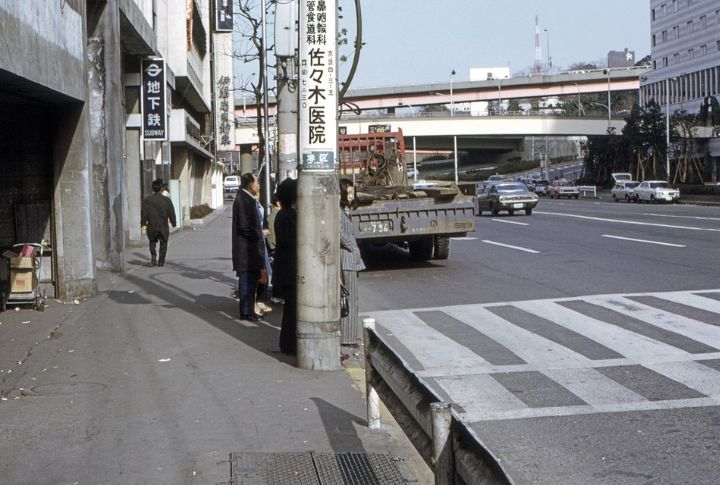
Across Japan, neighborhoods host volunteer street cleanups on a regular basis. Residents join in, sweeping and collecting litter by hand. Even after festivals, the same teamwork kicks in, and rather than depending on penalties, the system works because people take pride in their surroundings. It’s a model grounded in shared responsibility.
Bathrooms Have Built-In Hygiene Tech
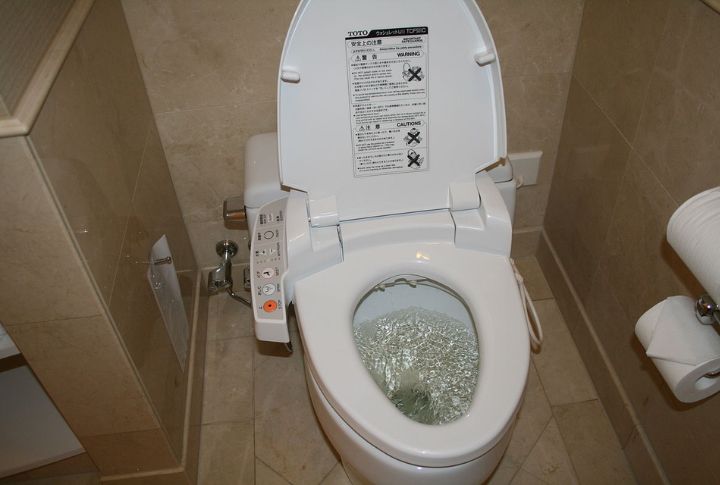
Modern hygiene in Japan goes well beyond soap and water. Toilets come equipped with bidets, self-cleaning systems, and noise-masking features for added comfort. Additionally, public restrooms usually provide seat wipes and hand sanitizer. These tools help maintain cleanliness while also encouraging personal care in shared spaces.
Seasonal Deep Cleaning Is Tradition
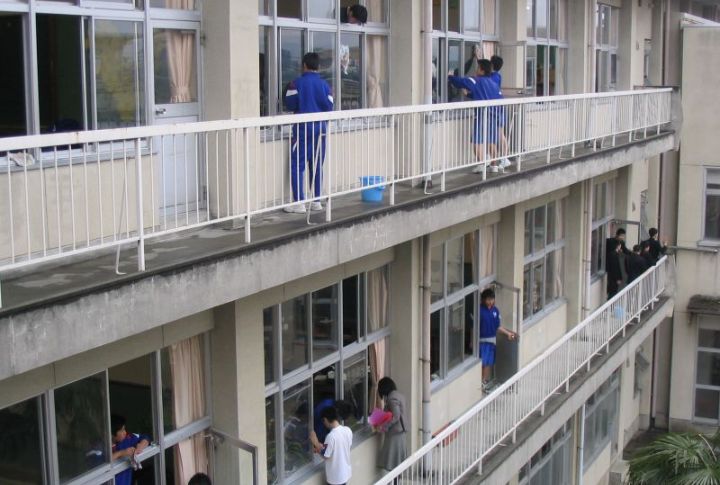
As the year wraps up each December, many Japanese households take on “Oosouji,” a deep cleaning tradition focused on physical and spiritual renewal. Families sanitize from ceiling to floor, removing dirt and old energy to welcome the new year. In a similar spirit, businesses pause operations to tidy up and create a refreshed space and mindset.
School Lunches Are Eaten In Classrooms
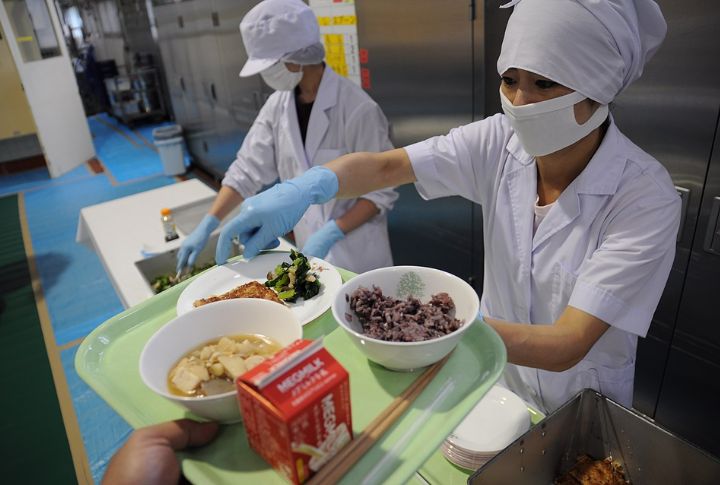
Lunch is served right inside the classroom rather than in a cafeteria. Students take turns distributing meals and washing up, all while wearing aprons and hairnets for hygiene. Because there’s no shared dining hall, mess stays minimal. This system builds cooperation and teaches responsibility through consistent daily routines.
Trains Stay Spotless Despite Heavy Use
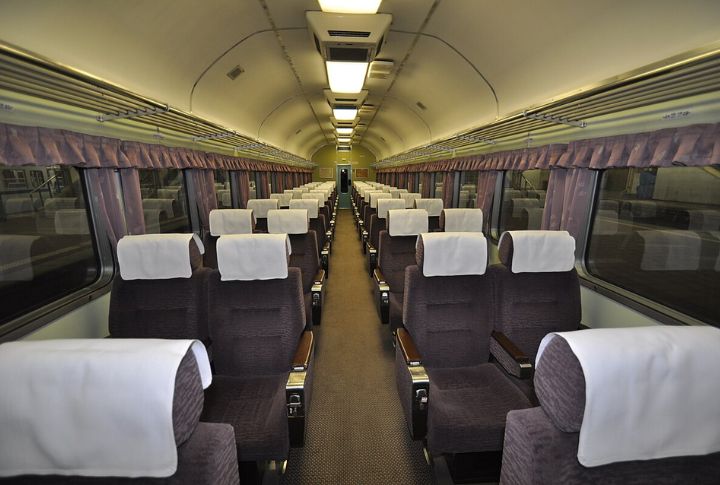
Trains in Japan stay impressively tidy. Cleaning crews swiftly tidy each car between stops, thus leaving little time for dirt to settle. While food is discouraged on local lines, it’s permitted on long-distance bullet trains like the Shinkansen, where passengers carry and dispose of their own trash.
Businesses Prioritize Curb Appeal
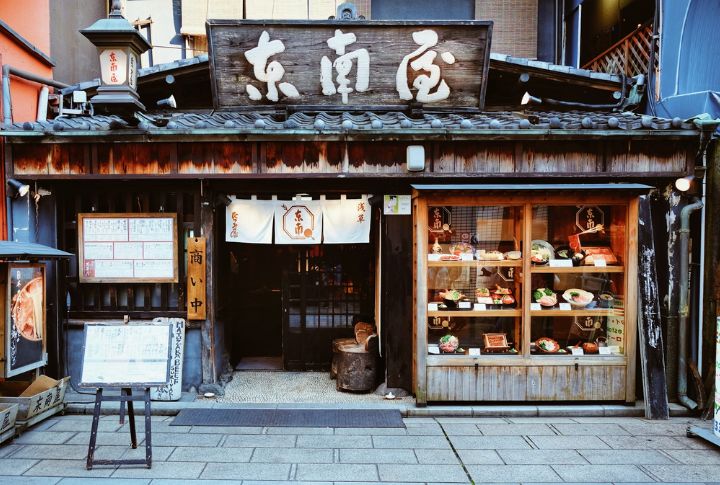
Daily storefront cleaning remains a standard across Japan. Shops sweep sidewalks consistently, even during off-hours, and a wet pavement often signals a recent rinse. Such routines highlight a broader cultural emphasis on sanitization, and by maintaining spotless entrances, businesses strengthen their public image and show pride in how they operate.
Hotel Rooms Offer Cleaning Tools

Many Japanese hotel rooms include simple tools that support guest hygiene. Upon arrival, guests receive slippers and disposable wipes for personal use, and the trash is separated by type using clearly labeled bins. In addition to tidiness concerns, signs placed throughout the room encourage water conservation and remind guests to turn off unused lights.

